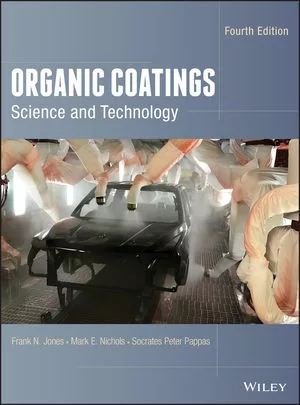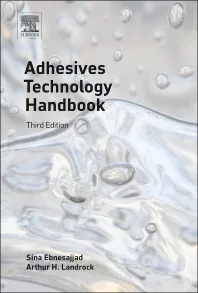Chilworth Technology Helps With New Combustible Dusts Standard
PRINCETON, NJ - Chilworth Technology, a DEKRA company, announced that its process safety services will help all process manufacturing companies affected by the National Fire Protection Association’s (NFPA) 652: Standard on Fundamentals of Combustible Dusts, which is scheduled for release in 2015. The new standard addresses the fundamentals of recognizing and managing combustible dust hazards and industry challenges in following the current industry or material-specific NFPA standards that are related to combustible dust.
“Many of our clients understandably want to get a jump start in learning the impending standard’s requirements for recognizing and managing combustible dust hazards and ensuring that they have made all necessary changes to their processes, training and equipment to be compliant,” said Dr. Vahid Ebadat, Chief Technical Officer of Chilworth. He added, “Users trying to follow current applicable NFPA standards to manage their facility’s combustible dust hazards sometimes find conflicting information, factual discrepancies and unclear or inadequate explanations. The upcoming NFPA 652 standard specifically addresses this and applies to all industries where combustible dust is handled and processed.”
NFPA 652 will provide the fundamentals of combustible dust management including the basic principles of, and requirements for, identifying and managing the fire and explosion hazards of combustible dusts and particulate solids regardless of industry.
A requirement of the new standard will be that covered sites complete a “Dust Hazard Assessment (DHA)” specifically targeting exposable dust issues. The standard allows a three-year period for completion of DHAs for existing facilities and specifies that these assessments be performed or led by only qualified personnel with experience in DHA’s. Chilworth Technology has been performing DHA’s for almost 30 years.
Other parts of NFPA 652 that apply retroactively to existing facilities include management of change, housekeeping, training, maintenance and documentation requirements. The new standard will apply to all facilities and operations that generate, manufacture, process, handle or repackage combustible dusts and particulate solids, with exceptions for retail facilities, households and similar locations.
Looking for a reprint of this article?
From high-res PDFs to custom plaques, order your copy today!





